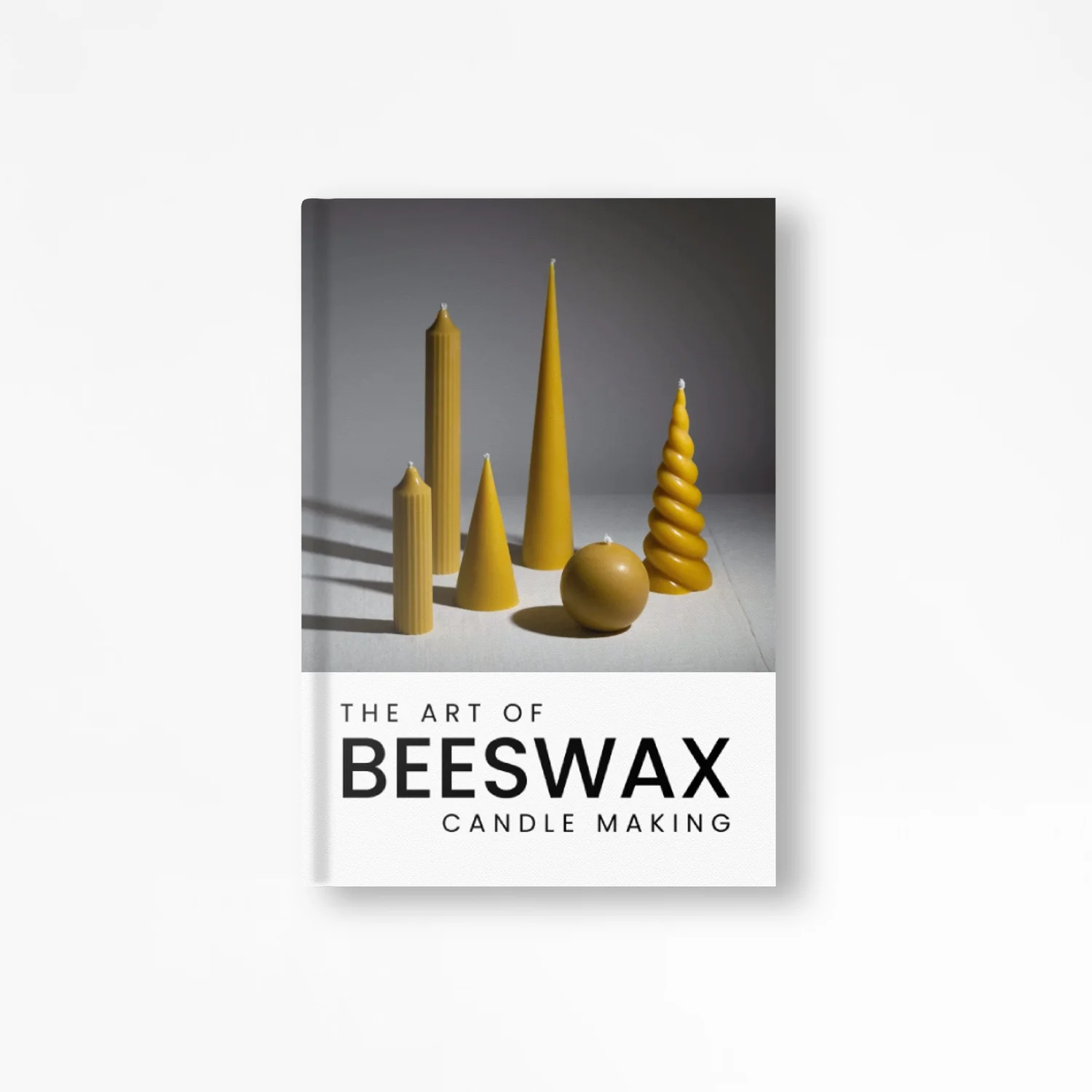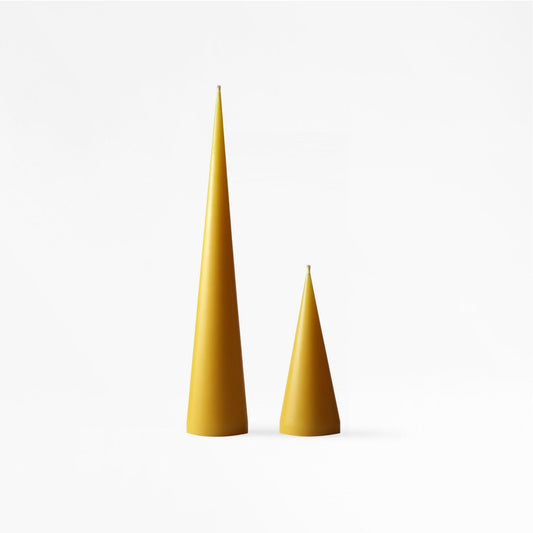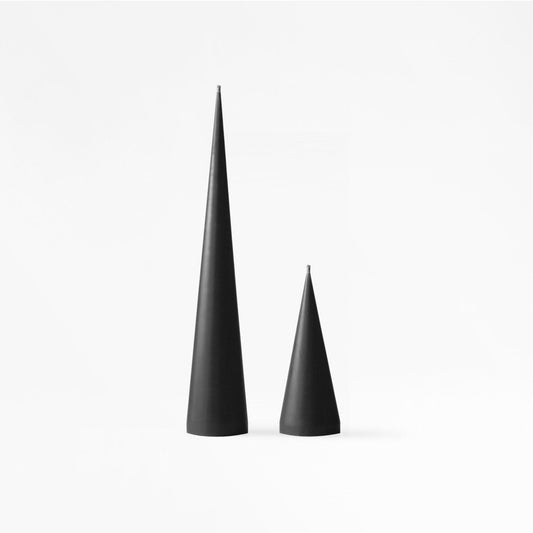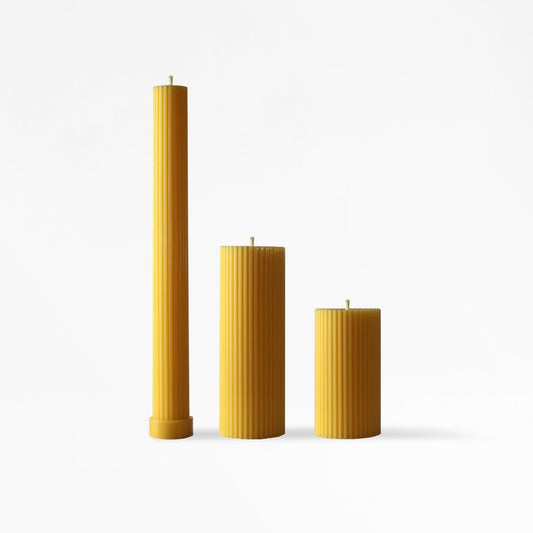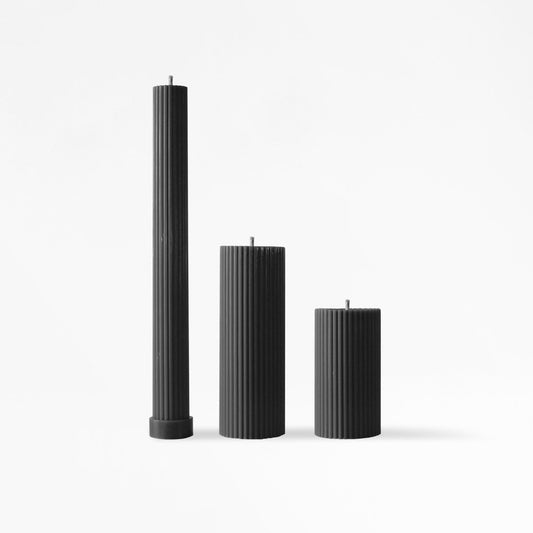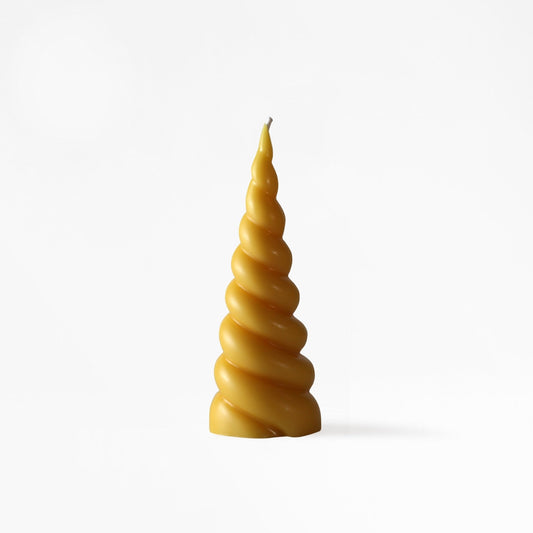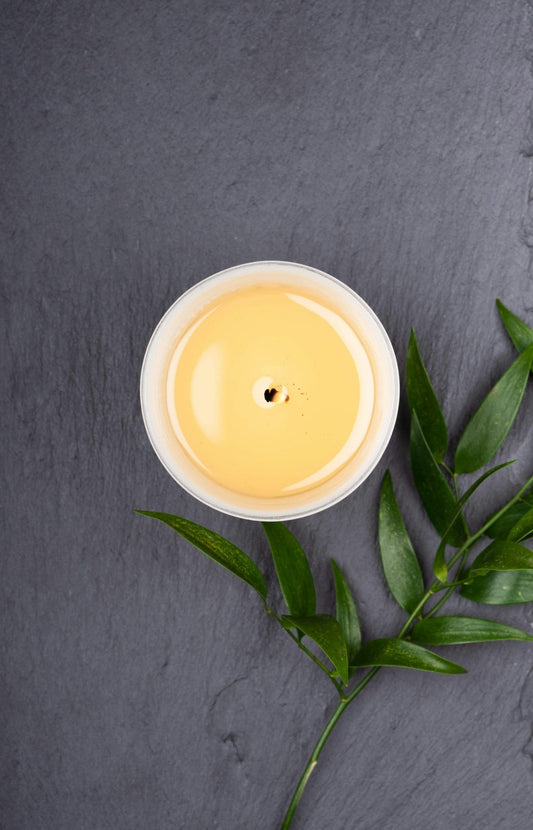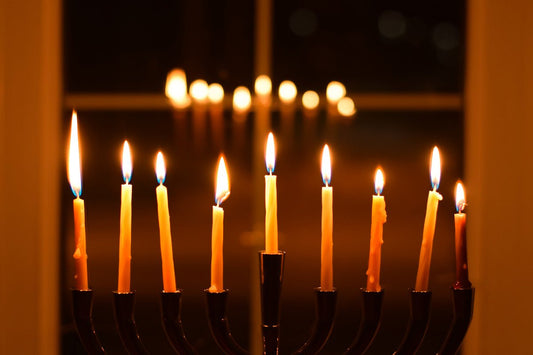By definition, Veganism is the practice of eating only food not derived from animals and typically of avoiding the use of other animal products. Beeswax is an animal product so it is not vegan. But what if soy (sold as the vegan, eco-friendly alternative to beeswax) is causing more harm to ecosystems than beeswax itself? Would you still choose soy?
In this article, we will try to shed some light on the soy wax versus Beeswax discussion and help you as a vegan, to choose the most eco-friendly alternative.
First, some thoughts about soy wax:
- Just by saying 'Eco-friendly' doesn't make a product Eco-friendly. It's much more complex than that.
- While a soy plant is a natural product, soy wax is not. The plant is grown most of the times on destructive monocultures, then distributed, then processed as wax.
- There's no scientific evidence to prove that soy wax is in any way less harmful, or cleaner burning than other wax types.
- Soy is grown on industrial scale and has a multitude of negative impacts, such as deforestation which kills native fauna and flora, changes local economies and cultures, soil exhaustion etc.
- About 60 kg of soybeans are required to produce 10 kg of soybean oil.
And some thoughts about Beeswax:
- Beeswax is made from melting down honeycombs made by honey bees. They are completely sustainable and natural and are a great choice for candles.
- By buying beeswax you support bee agriculture which also helps the environment indirectly by encouraging the growth of bee populations we need to pollinate flowers both for food crops and in the wild.
- Beeswax isn't ideal for scented candles since they have a low melting point, but as far as the environment goes, they are a great choice.
- It is true that Like other factory-farmed animals, honeybees are victims of unnatural living conditions, genetic manipulation, and stressful transportation but when beekeeping is sustainable and low-scale, the animal impact is minimised.
Things to consider:
Although Beeswax is indeed an animal product, it has many benefits for humans and the environment. When produced on a responsible way by local beekeepers, beeswax can be more sustainable and harmless than Soy wax which is grown on large, industrial scale affecting indirectly the lives of native fauna and flora.
As a Vegan, you must avoid animal-origin products as much as you can but you should also consider the negative environmental impact the product you consume is causing on a long-term basis.
The Human-bee relationship has survived thousands of years which can prove it's sustainability whereas large-scale monocultures are often disastrous for communities who continue to grow local foods using sustainable practices.
If you want to know more:
Is beeswax Vegan? - Neve's Bees
Why we don't use soy wax? - Happy Piranha
Soy Wax - How it is made?
Photo by Meredith Petrick on Unsplash


